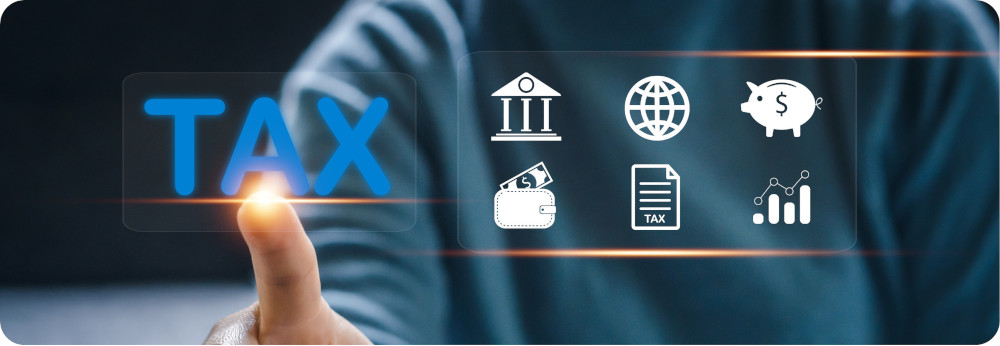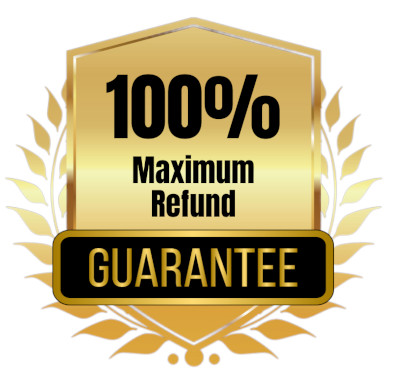How much does Tax Hive save businesses in small business taxes?
Every business is unique, so we can’t guarantee specific savings without reviewing your financial situation. However, Tax Hive specializes in identifying strategies that can significantly reduce your tax burden. Depending on the size and complexity of your business, our clients often see savings ranging from thousands to tens of thousands of dollars annually. Want to know what we could save your business? Schedule a call with Tax Hive, and we’ll evaluate your unique situation to find the best strategies for maximizing your tax savings.
How do I file taxes for my small business?
Filing small business taxes on your own is an option, but working with Tax Hive can make the process smoother, more efficient, and more rewarding. Our professional team is here to take the guesswork out of taxes, helping you maximize savings and avoid costly mistakes. Schedule a consultation with our experts, and we’ll take the time to understand your business, industry, location, and unique tax situation. From there, we’ll recommend a customized strategy designed to optimize your tax outcomes and save you time, stress, and money. Let us handle your business taxes so you can focus on growing your business.
What happens if I don't file business taxes?
Failing to file your business taxes can lead to serious consequences from the IRS. These include penalties and interest that grow over time, potential levies or liens on your assets, and in extreme cases, criminal charges for willful non-compliance. Typically, the IRS will issue warning notices before taking punitive action, but ignoring these can escalate the situation quickly. Don’t wait until it’s too late. Schedule a call with Tax Hive to discuss your options and ensure your business stays compliant, avoiding unnecessary stress and costly penalties.
Should my business file a separate tax return from my personal return?
Whether your business needs a separate tax return depends on your business structure. If you operate as a sole proprietorship or single-member LLC without a special tax election, you’ll report your business income and expenses on your personal tax return—using forms like Schedule F (farming), Schedule E (rental properties), or Schedule C (general businesses). However, if your business is a corporation, partnership, or an LLC taxed as one of these, a separate business tax return is required. Not sure what applies to your situation? Schedule a call with Tax Hive, and we’ll help you navigate the rules for your business type and ensure compliance while maximizing your tax savings.
Should I be making estimated tax payments?
If you anticipate owing taxes, yes, you should make estimated payments. To avoid penalties and interest, aim to pay at least 110% of your prior year’s tax liability (or 100% if you're in a lower tax bracket) or 90% of the current year’s liability by year-end. We recommend making these payments by December 31 to give yourself a buffer before the final tax deadline. Estimated taxes can be confusing, but we’re here to help. Schedule a strategy session with Tax Hive to create a payment plan that keeps you compliant and avoids unnecessary costs.
When do I have to pay my tax bill?
Your tax bill is due by the original filing deadline of your return, even if you file an extension. For S Corporations and partnerships, this is typically March 15. For individuals, sole proprietors, and other business entities, it’s usually April 15. Missing this deadline could lead to penalties and interest. Stay ahead of deadlines and avoid costly mistakes. Schedule a consultation with Tax Hive, and we’ll help ensure you’re on track to meet all your tax obligations.
What should I do if my address changes?
We can help update your address by marking the change on your tax return. While this often notifies the IRS, it’s not always foolproof. To ensure the IRS updates your records, you’ll need to file a formal change of address form with them. Keep your tax records accurate and avoid missed communications. Schedule a call with Tax Hive, and we’ll guide you through the process and ensure your records are up to date.
I’ve been hearing a lot about a Beneficial Ownership Information report. What is this, and should I worry about it?
The Beneficial Ownership Information (BOI) report is a new federal requirement for most business owners. It mandates that businesses disclose who benefits from their operations. This report is due by the end of 2024, and failure to file may result in penalties. Need assistance? Tax Hive can connect you with trusted professionals, to ensure your report is filed correctly and on time. Schedule a session with us to discuss this requirement and get the help you need.
How far back should I amend my returns or file missing ones?
If you’re filing or amending returns to claim credits or refunds, you generally only need to go back three years since that’s the limit for claiming benefits. Beyond that, refunds are off the table. However, if you owe significant amounts or want to ensure accuracy, it’s wise to file at least the past seven years. Legally, you’re required to file any missed or incorrect returns, regardless of the timeframe. Let Tax Hive take the stress out of catching up on your filings. Schedule a call with us, and we’ll guide you on what to file and how to address your specific situation.
















